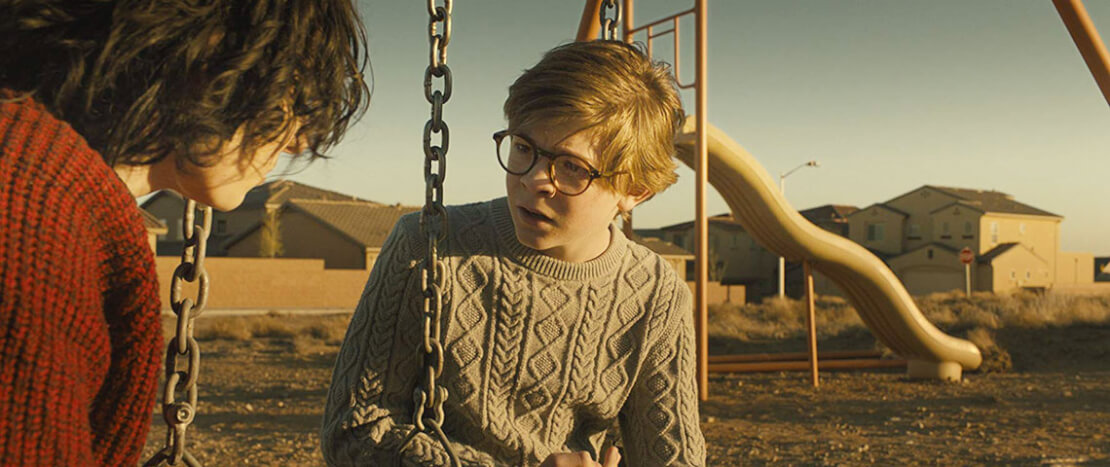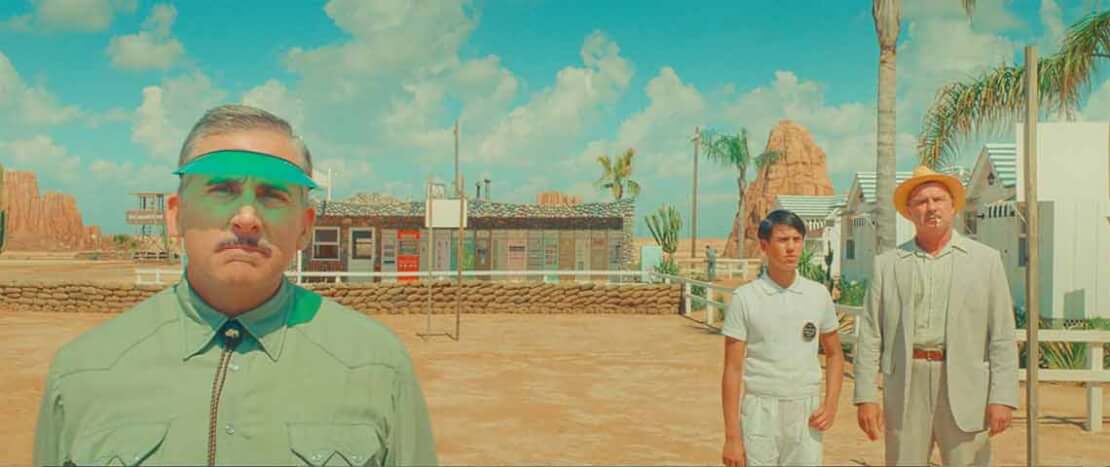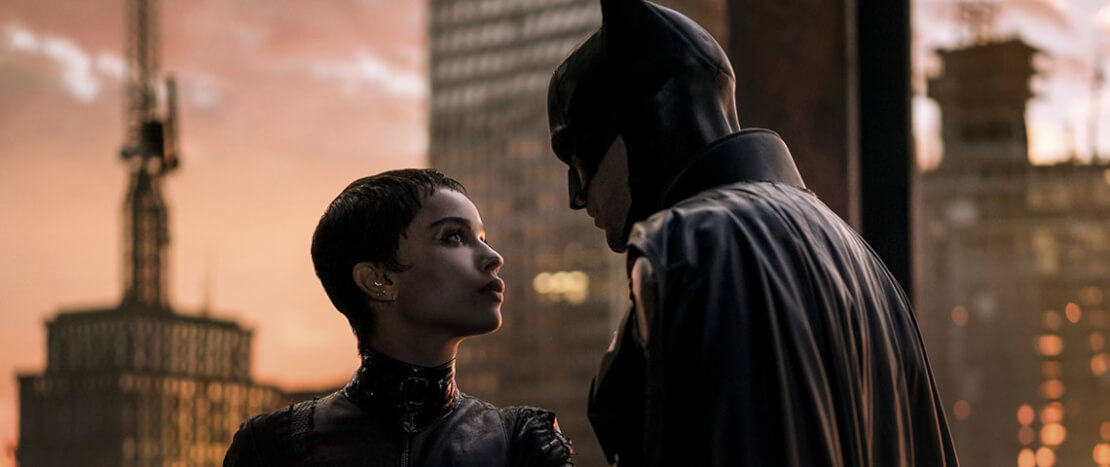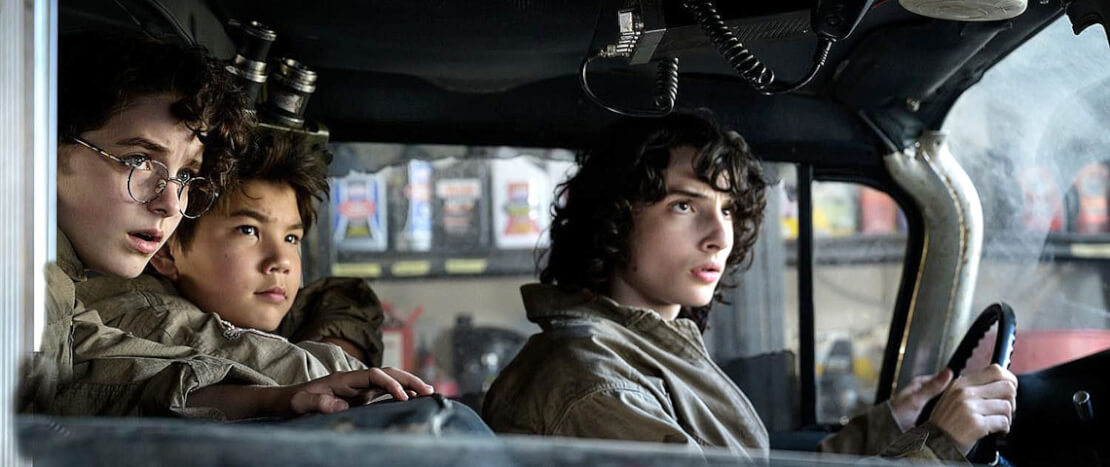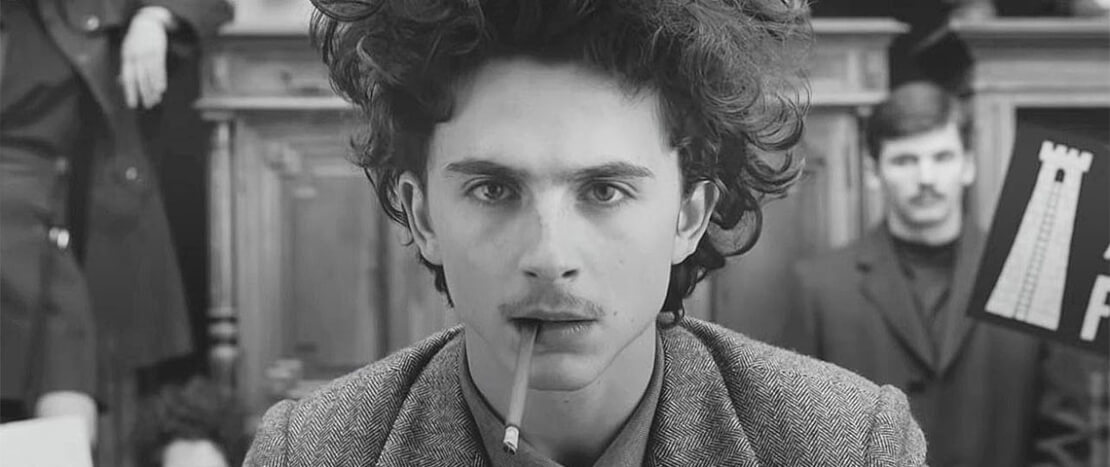The Goldfinch
Orphaned as a young boy when his mother is killed in an art gallery bombing, Crowley Decker (Ansel Elgort) is a withdrawn child. Taken in by his friend’s family, it would seem that life would finally be kinder to him. However, Theo carries with him a secret from that fatal day that will overshadow the lives of all those around him.
… finds itself leaping from tangential branch to tangential branch.
In adapting Donna Tartt’s Pulitzer Prize-winning novel, director John Crowley has embarked on a herculean task. Condensing down such a huge text to the confines and attention-span of a cinema, there is the obvious fork in its reading. Do you stay faithful to the book (as with the recent adaptation of Stephen King’s ‘It’) or do create a personal version built out of its elements (again with Stephen King and in this case ‘The Shining’)? Mindful of the author’s maxim of “publish or be damned”, Crowley has taken the former and delivered a 149 minute opus.
Now, long films are not necessarily bad. ‘Apocalypse Now’, is not a short film but the real question for a director is whether they can sustain your attention throughout, be it a short film or a long one. With Crowley’s ‘The Goldfinch’ it is a patchy, if not impressive response.
Straddling decades in the life of Theo, ‘The Goldfinch’ shows both him as a boy (Oakes Fegley) and as a man (Ansel Elgort) and the story selectively cuts between the two. As a convention, this works fine, however, with the extended running time it quickly becomes apparent that ‘The Goldfinch’ might have been better suited a series than a single, cinematic breath.
Within the canvas that Crowley offers, the childhood years easily eclipse the later ones. This is due in no uncertain terms to the presence of Finn Wolfhard. Quickly dispelling any echoes of his appearances in ‘Stranger Things’, the young actor visibly matures as Theo’s childhood friend Boris and steals any scene that hasn’t already been blocked out. This is not to say, that the adults aren’t good either. Jeffrey Wright delivers a fine, endearing turn as James “Hobie” Hobart who channels Theo’s interest in antiques and Nicole Kidman is a Stepford wife out of step with her position.
Where ‘The Goldfinch’ falls to earth is in its central mystery. It’s brilliant and the twist is sublime, so where’s the concern?: -In its third act. Having built-up a suitable well-sketched series of characters in the previous two acts, ‘The Goldfinch’ finds itself leaping from tangential branch to tangential branch in its third. So, at pains to paint in every hue that the book offers, ‘The Goldfinch’ becomes a rushed masterpiece that falls short of its source material.
Whilst being a solid piece of drama, if not cinema, ‘The Goldfinch’ inhabits a purgatorial between television and spectacle. In reaching for ‘The Talented Mr Ripley’ with both its tone and Ansel Elgort’s performance as Theo, Donna Tartt’s novel has evaded capture, Not visually daring enough to suggest a personal vision (‘The Shining’), nor poor enough to be terrestrially televisual, this is a film whose appeal will visit you on a wet, Sunday afternoon (much like ‘It’).
Ultimately ’The Goldfinch’ is an adaptation that will only rest for those who want to find it.

